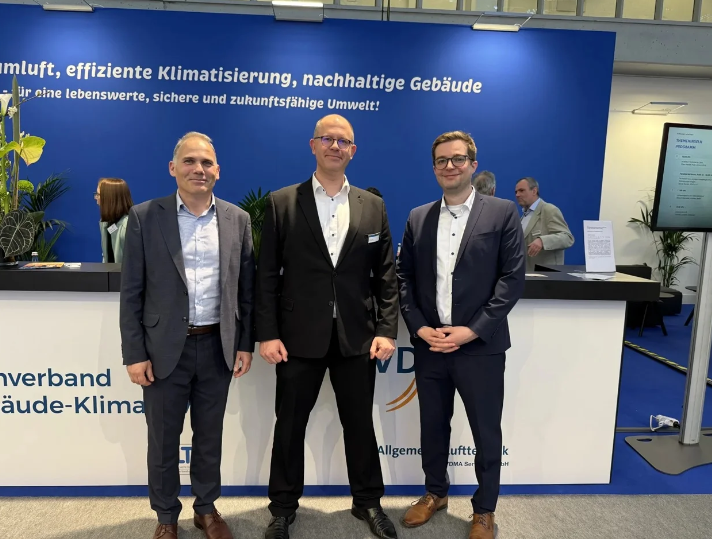A new study has found that groundwater-source heat pumps could be technically viable in many towns and cities across the UK.

The British Geological Survey (BGS) maintains that natural groundwater could be used as a low-carbon heat source in many UK towns and cities. The public research body is now calling for more research to understand how geothermal technologies could be scaled up across the UK.
The findings are based on data from a three-year-long study at one of the UK Geoenergy Observatories, a network of sites being created across the UK to research new and alternative energy supplies in the subsurface.
The £300,000 study was funded by Innovate UK, the BGS, WDS Green Energy Ltd and, more recently, the European Commission, to examine the environmental impact of a pilot groundwater heat pump scheme that heats a school building in Cardiff.
Data from the natural groundwater system below Cardiff is being collected by the Urban Geo Observatory, a network of 61 boreholes equipped with temperature and water-level sensors, to build up a picture of the groundwater temperatures in an aquifer found just 10m below the surface.
A study of the data collected between 2015 and 2018 indicates that the large heat resources stored in the UK’s underground water systems could sustain shallow open-loop ground-source heat pump systems.
BGS research lead David Boon said: ‘Our findings prove that groundwater-source heat pumps are a technically viable, low-carbon heating solution in many towns and cities across the UK, providing the geology beneath the surface is favourable.
“If we are to deploy ground-source heat pump technology at a large scale to help meet the 2050 zero carbon emission pledge in a sustainable way, we will need to introduce a light-touch registration scheme for all types of ground-source heating and cooling schemes, to help energy planners to minimise thermal interference between neighbouring systems.”
The study found that aquifer water temperatures were affected by a fall of 2°C during the first three years of operation, which is what was predicted by BGS models.
“Our research gives the building owner and environmental regulator greater confidence that the technology works well and can be deployed effectively and sustainably on a larger scale. A similar Cardiff-wide scheme, providing up to one quarter of the city’s 2020 heating demand, would result in an 8°C drop in temperature,” Boon added.
While there are physical limits to how much water and heat can be abstracted and reinjected, and regulatory legal limits on temperature drops, BGS maintains that its findings confirm that even a small quantity of heat from a very large volume of water provides a low carbon heating solution for many UK towns and cities. The solution could be applied in district-wide heat networks, homes or commercial buildings, it says.
“A well-balanced combination of groundwater-source heat pumps in tandem with vertical, closed-loop ground-source heat pumps and air-source heat pumps will maximise the options for decarbonising heating in UK homes and businesses,” said David Boon.






















